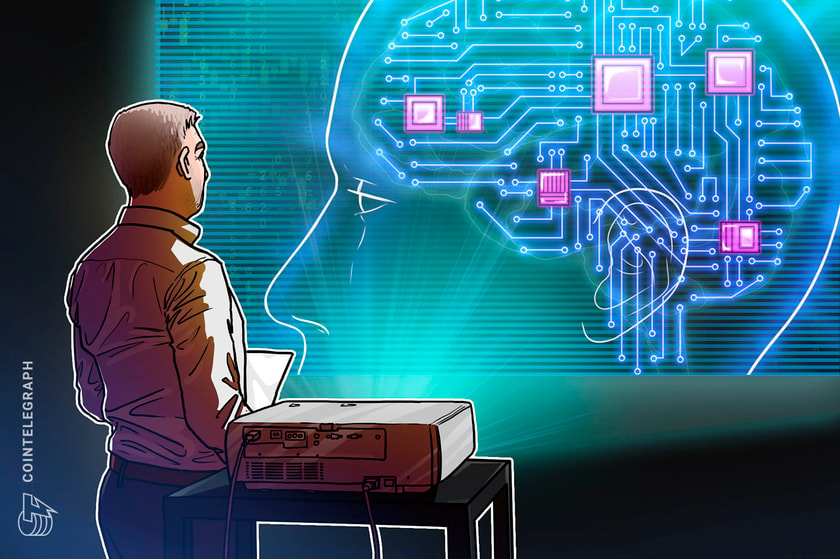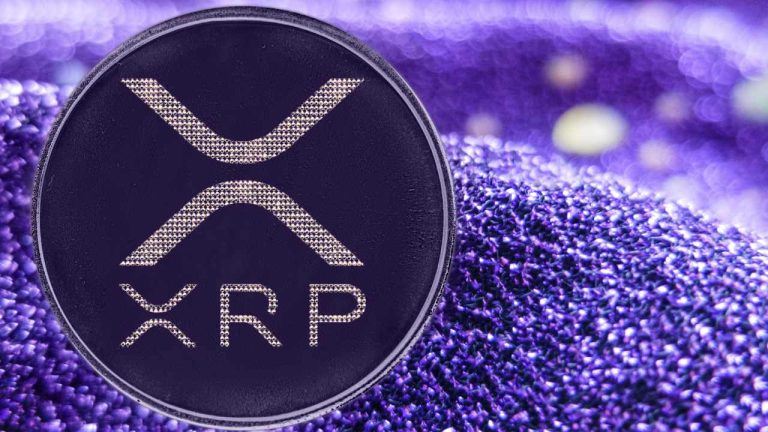US considers tightening restrictions on AI chip exports

Officials in the United States are considering restricting the computing power of chips to lessen the flow of AI chips available in the Chinese market.
Officials in the United States are mulling tighter controls on an export regulation created to minimize the availability of artificial intelligence (AI) chips to China.
According to sources close to officials, the stricter regulations would include clamping down on the level of computing power in chips that are exported. The sources say an update to the rules could come by late July.
Such restrictions on the sale of powerful computing chips have caused alarm among some of the industry’s major players.
At and investors conference on June 28, Colette Kress, the chief financial officer of Nvidia — one of the world’s leading chip makers — commented that:
“..if implemented, [restrictions] would result in a permanent loss of opportunities for U.S. industry to compete and lead in one of the world’s largest markets…”
Kress said implementing such regulations would not “immediately impact” the company’s financial results. In late May, the AI chip boom caused Nvidia to hit $1 trillion in value temporarily.
Cointelegraph reached out to the U.S. Department of Commerce for further comment on its potential decision.
Related: AI has a ‘symbiotic relationship’ with blockchain: Animoca Brands CEO
Initially, the restrictions against AI chip sales to China were issued by U.S. President Joe Biden’s administration in October 2022 to slow down the semiconductor industry.
The October ban cut off Chinese developers from access to some of the more advanced chips on the market, including Nvidia’s A100 chips and the latest version, the H100. These two chips are among the most sought-after for high-level AI development.
In May, Nvidia reported its second-quarter revenue forecast to be 50% higher than market estimates, along with a 28% increase in company shares.
Around the same time, the company released additional AI-powered tools, including an AI supercomputer it created to help developers produce ChatGPT successors.
Meanwhile, in China, local developers have been figuring out ways to skirt the impact of U.S. sanctions. Companies are reportedly studying new methods to develop AI chips using weaker semiconductors and combinations of currently available chips.
Magazine: AI Eye: 25K traders bet on ChatGPT’s stock picks, AI sucks at dice throws, and more




